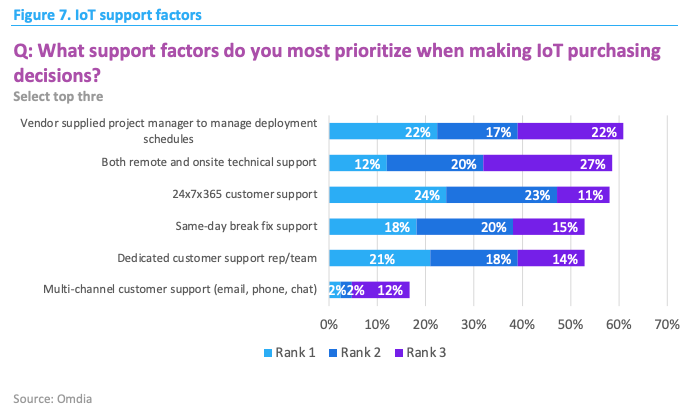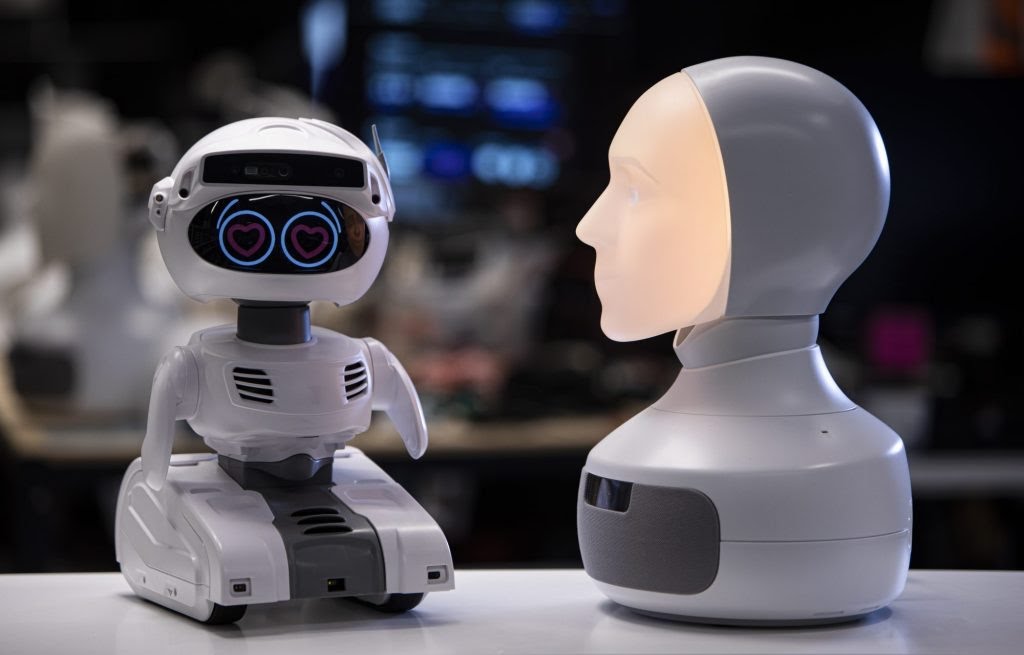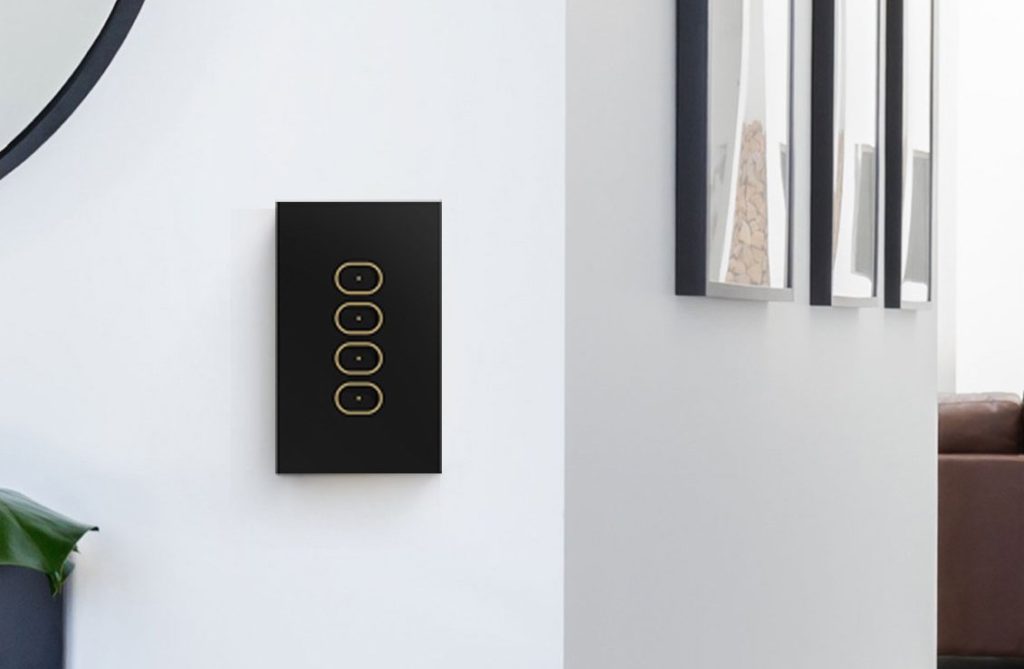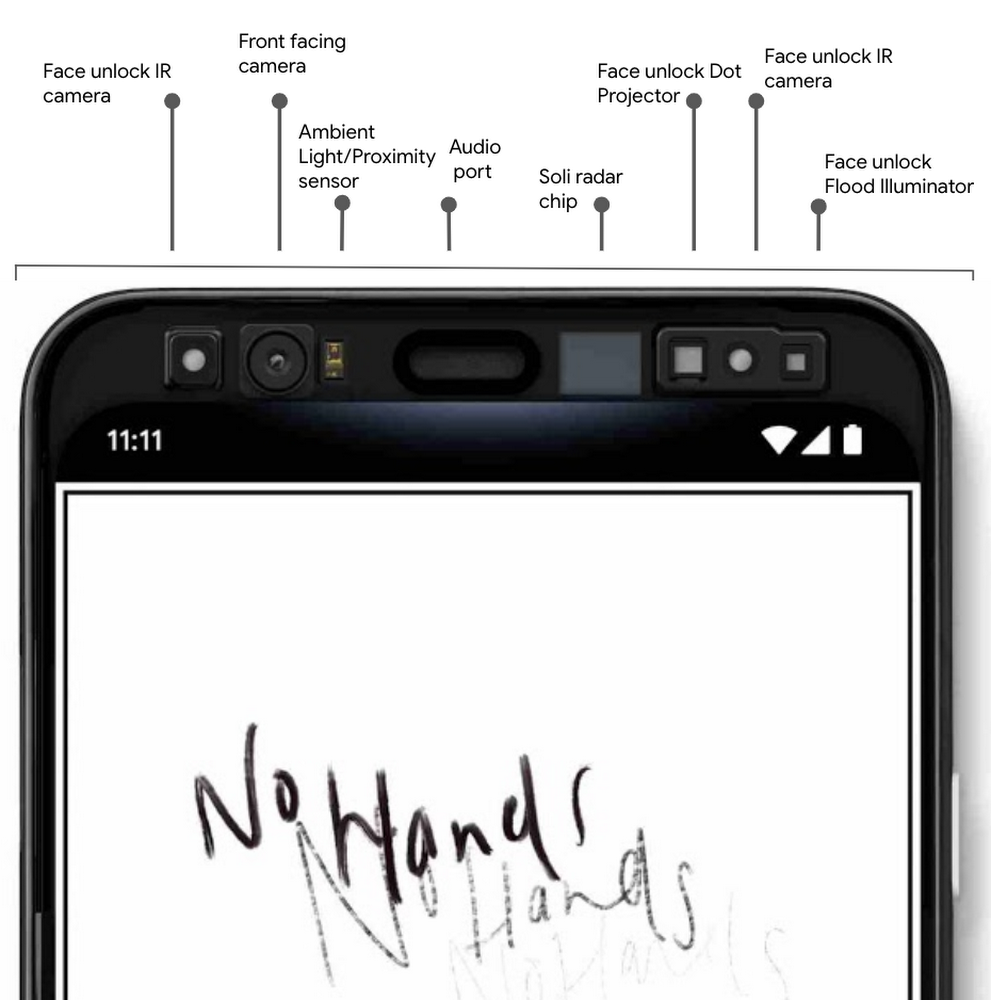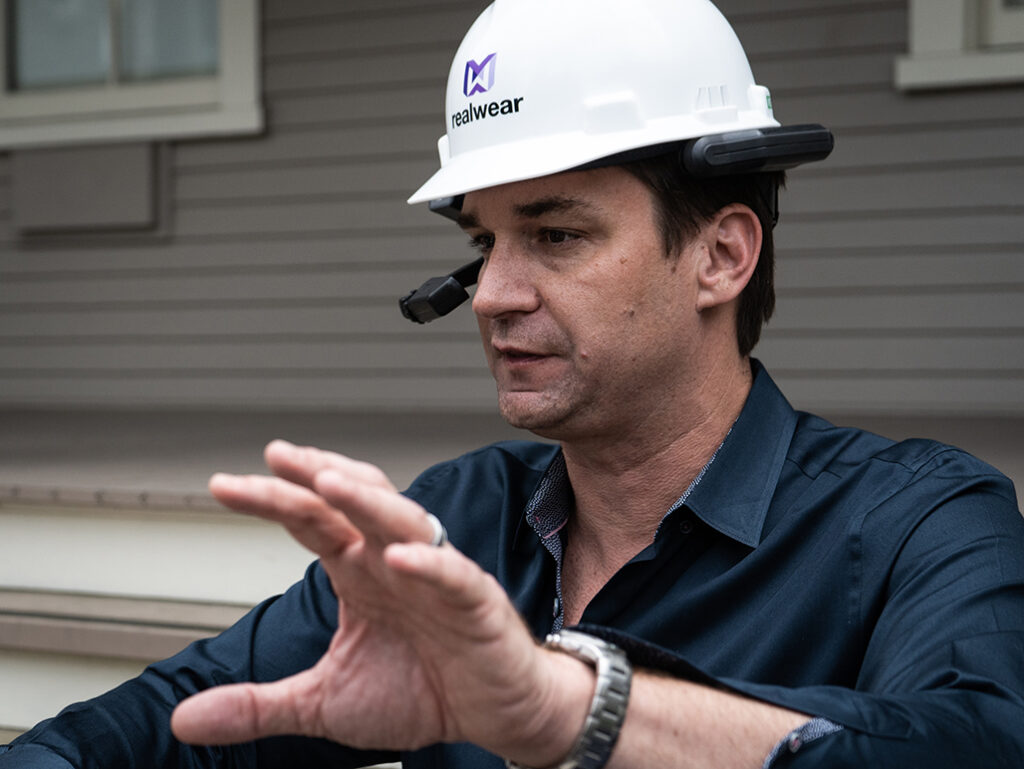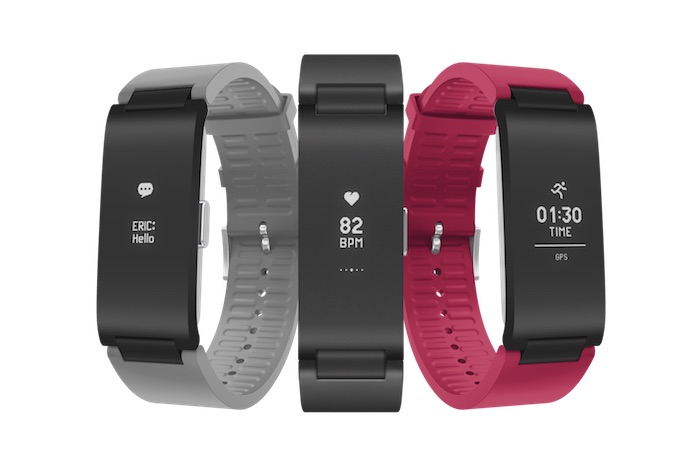We start this week’s show with a review of DeviceScript, a limited subset of the TypeScript programming language, built by Microsoft to bring a more modern programming option to connected device programing. Kevin downloaded the code and tried it out on a simulated device and shares his thoughts. Also in programming news, Google released a script language for programming complex automations in the Google Home. Even I can use it. We also look at a new product offering from Vivint, which is selling connected light bulbs as part of a smart lighting service that will cost users $5 a month. Then we go to a dark place, discussing two reports from Wired about a loss of privacy today. The first concerns the FBI and other government agencies paying data brokers for phone location data and credit card information to get around needing a warrant, and the second is about the use of a connected systems with sensors and wearables to monitor prisoners. The prison system even tracks the inmates heartbeats! Before we leave, we talk about an innovation in an in-ear wearable from STAT Health Informatics that can predict fainting, a video keypad for your garage door, and Arm’s attempts to get Intel to help invest in its initial public offering. Finally, we answer a listener question about finding a smart lock for an exterior gate.
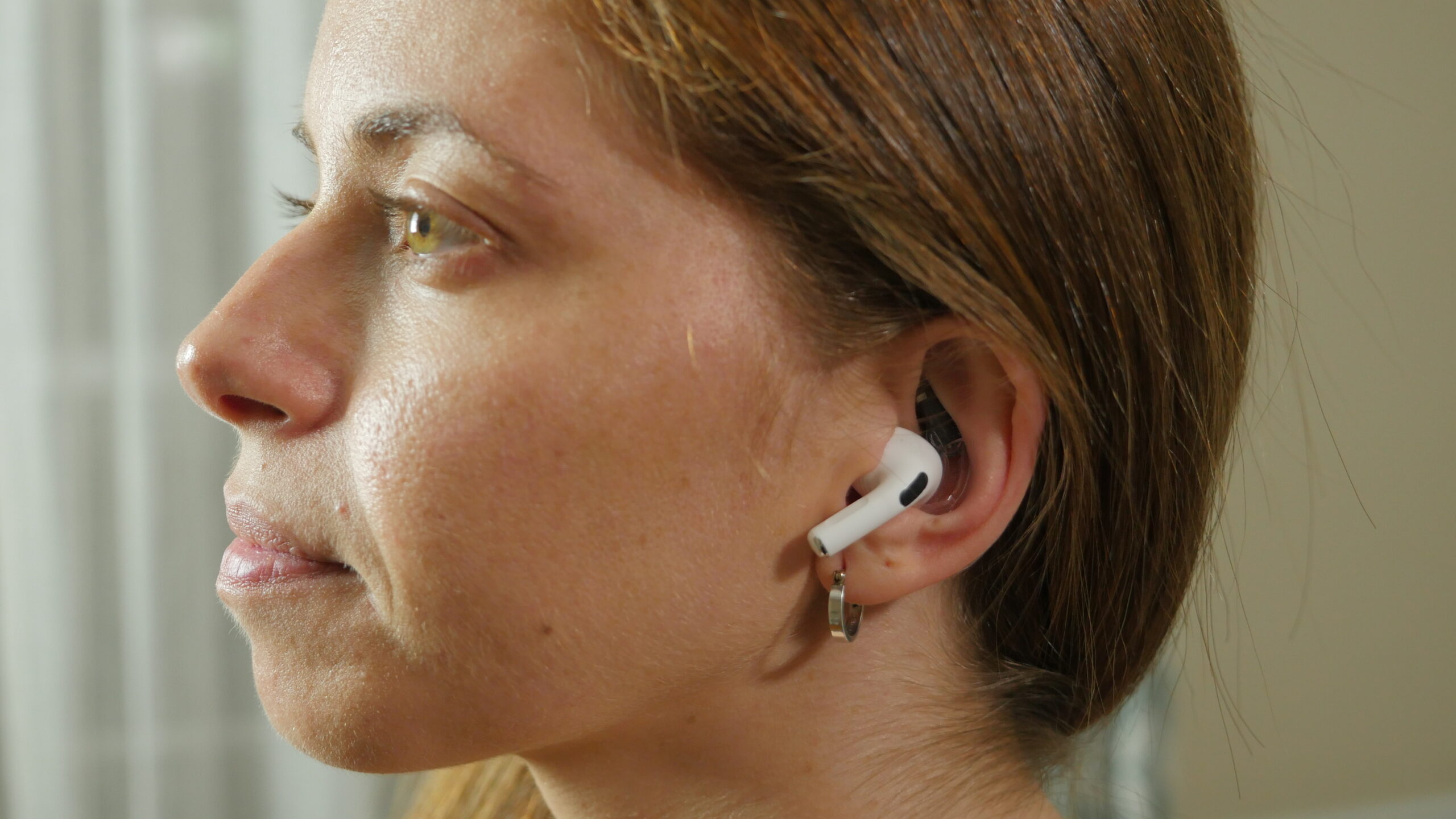
Our guest this week is Thierry Klein, president, Bell Labs solutions research, at Nokia Bell Labs, who is on the show to talk about building an LTE network on the moon. We talk about why Nokia is building a network on the moon and what we can learn from it for the IoT. Klein also explains the challenges of the moon environment, such as temperature, vibrations (rocket launches are tough on delicate electronics), and radiation. Plus, with no one around to configure the network or reboot it if there are problems, Nokia has had to figure out ways to automatically configure and operate the equipment. All of this will help when bringing connectivity to remote areas such as mines or oil rigs. It’s a really fun show.
Hosts: Stacey Higginbotham and Kevin Tofel
Guest: Thierry Klein, at Nokia Bell Labs
Sponsors: Blynk and Particle
- Check out DeviceScript if you want a modern IoT programming language
- Now, there’s even less privacy in prisons thanks to the IoT
- This in-ear device detects fainting before it happens
- Why build and LTE network on the moon
- What can IoT learn from lunar LTE?
Podcast: Play in new window | Download | Embed
Subscribe: RSS


